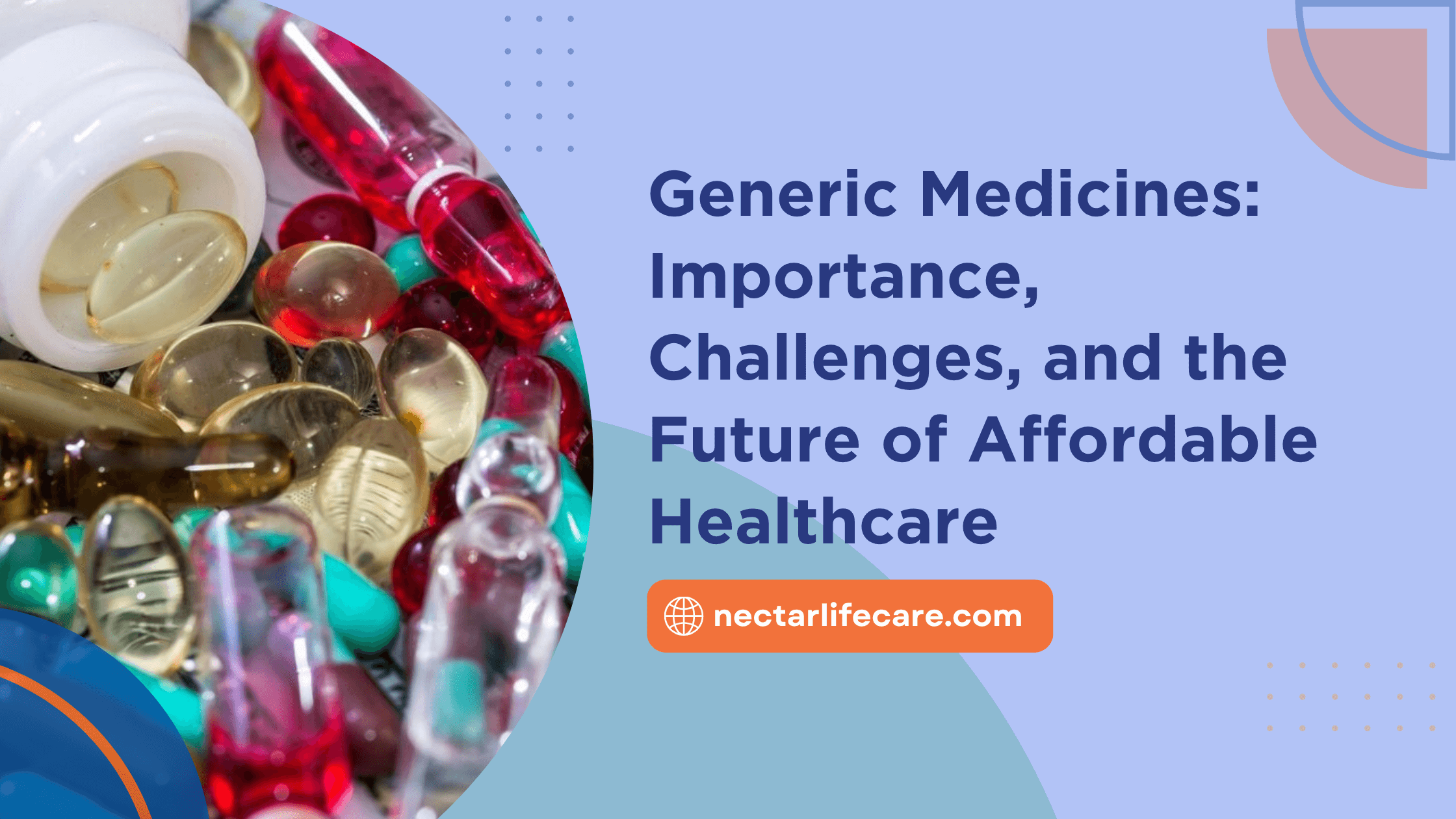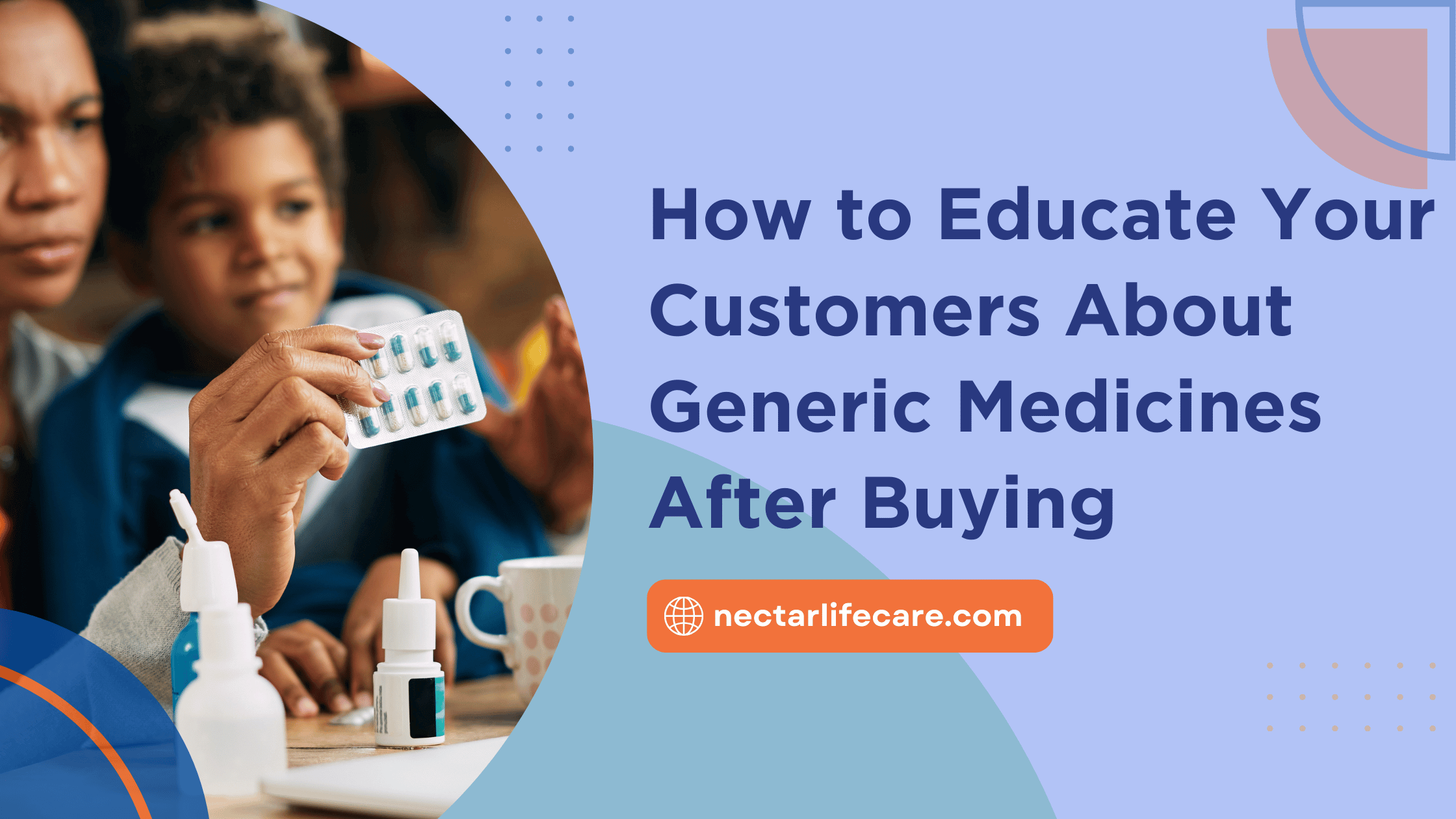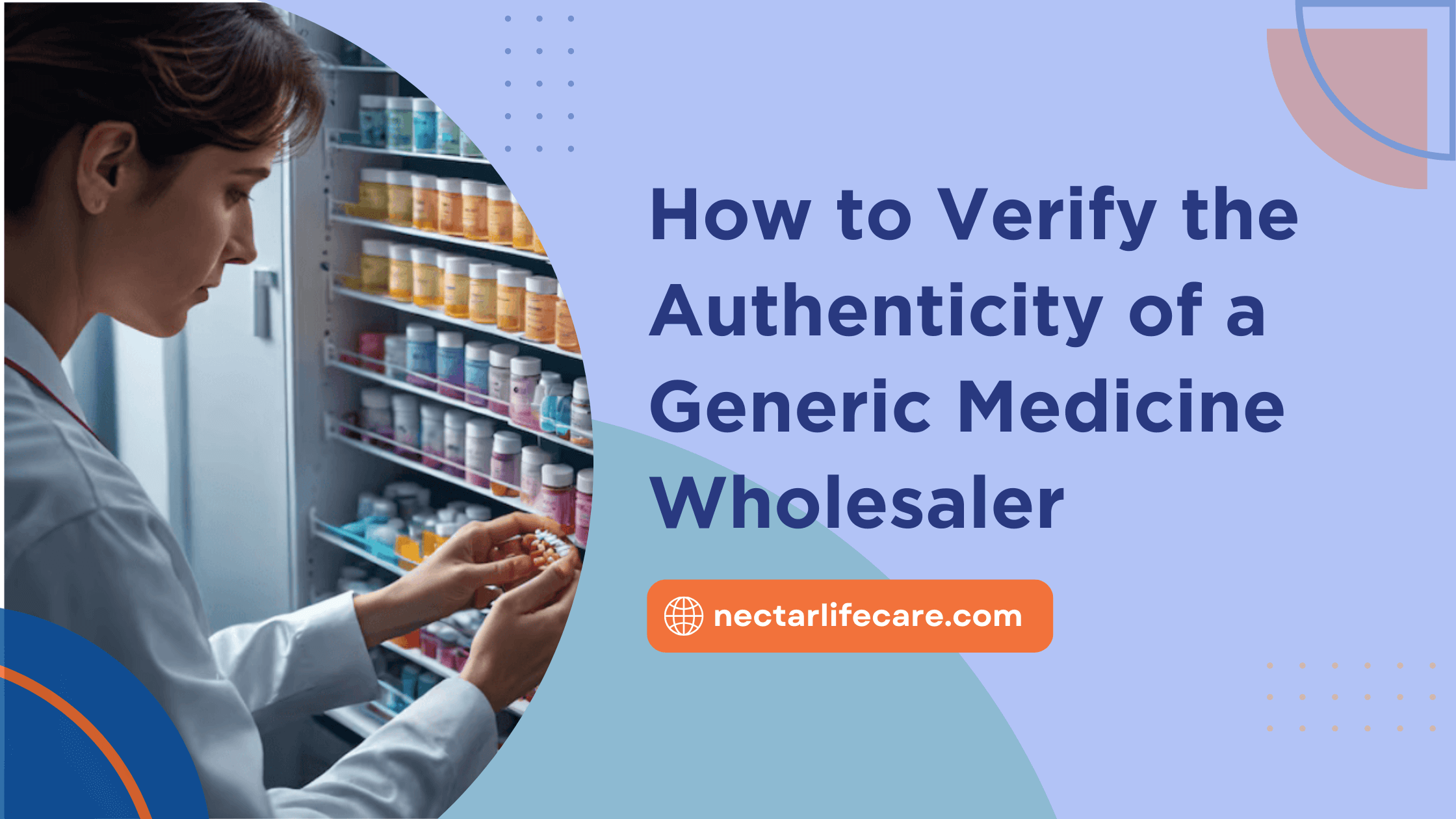In a country like India, did you know that there are about nearly 63 million people who fall into poverty each year due to health care costs? Because affordability is not a privilege but a necessity, India’s medical advancements must be done in the same vein where the cost of drugs should not put heavy burden on the people. This is what makes the role of generic medicines highly relevant and critical in today’s time.
In the recent years, India has emerged as a hub for affordable pharmaceutical solutions, where states like Gujarat is leading the charge as a home to more than one renowned generic medicine company in Gujarat. This revolution in healthcare is certainly rewriting the rules of equity, access and sustainability in terms of healthcare.
Importance of generic medicines
Generic medicines are bioequivalent to their branded degree counterparts in terms of safety, dosage, strength, quality and also the intended use. However, they cost significantly less because the manufacturers do not have to repeat the costly clinical trials which are required in any branded drug. It makes them a game changer in improving healthcare access. For instance, a branded cholesterol lowering drug may cost as much as ₹300 per strip, however, when you look at its generic version, it could be available for ₹20 to ₹30. So, for the patients who are using this for long term medication, especially the ones with chronic diseases such as hypertension, diabetes, arthritis, this cost difference is certainly transformative. It ensures that the treatment continuity is there without any financial disruption.
Beyond affordability, generic medicines are also important when it comes to government health schemes such as Jan Aushadhi or Ayushmann Bharat, both of which rely heavily on the generic drug supply chains because it provides subsidized or free medicines to millions of Indians, especially in the rural regions.
Challenges facing generic medicines
While the importance is evident, the journey is certainly not without hurdles. Here are some of the common challenges that are often faced by the generic medicine suppliers –
- Perception and trust issues – One of the biggest challenges is the lack of awareness and trust among the patients and sometimes even among the healthcare professionals. Many people believe that cheaper means inferior, which is not always true in the case of regulated generics.
- Brand dominance in prescriptions – Doctors often continue to prescribe the branded drugs due to long standing relationship with the medical representatives or the pharmaceutical companies. This often limits patients to access affordable alternatives unless specifically requested.
- Regulatory oversight – Although India has a stringent framework with the Central Drug Standard Control Organization, CDSCO, ensuring consistent quality across all generic producers remains a challenge. And there are spurious generics and substandard medicines that can cause damage of public trust and therefore in the entire category.
- Lack of uniform availability – Rural areas in small town pharmacies may not have this stock generic medicines because they are not always prescribed by the doctors with this limited the reach where they are needed the most.
There various generic medicine company in Gujarat are now playing a pivotal role in Indian pharmaceutical sector. They are becoming a home to significant concentration of drug manufacturing units. The companies combine quality manufacturing practices followed by affordable pricing models and focus on exports, which enables India to meet both domestic and international generic medicine demands. Moreover, Gujarat’s pharmaceutical hubs like Ahmedabad, Ankleshwar, Vadodara have all set benchmarks for compliance with good manufacturing practices and FDA certifications.
Government policy is encouraging the generics
There are various Indian government policies which are now available that promotes generic drugs. Some of them are Janosadi scheme which is launched to provide quality generic medicines at affordable prices through special stores all across the country.
Price capping – The National Pharmaceutical Pricing Authority is one such body which has capped prices of several essential medicines.
Prescription mandates – The Medical Council of India, which is now under NMC, has urged the doctors to prescribe medicines by their generic names rather than the branded names.
Future of affordable healthcare through the Generics
As India moves towards universal healthcare, the reliance on generics will only grow. Here’s what the future could hold –
- Stronger public private partnership – The collaboration between the private generic drug manufacturers and the state government can streamline distribution network and therefore give a consistent supply to the places where it’s really required.
- Greater digitization – There are platforms of E-pharmacies and telemedicines that are now getting very popular among tier 2 and even tier 3 cities. This can help to expand the generic reach even in the most remote corners of the country.
- Enhanced quality control – Investment in research and development, and quality testing infrastructure will help to maintain the global standard of the medications and therefore, with time, have a more trusted public health care system.
- Global expansion – With the rise in healthcare costs all across the globe, Indian generics will certainly continue to find growing markets not just in the country but outside as well. This will boost both the economy and the healthcare diplomacy.
Affordable health care is not just about the cost, it is about empowering people with safe, consistent and accessible treatment. The generic medicines have the power to turn this into a reality, particularly in a populous and economically diverse country like ours. The support of the government with increased awareness among the health care providers and certainly the proactive efforts of players like Generic Medicine Company in Gujarat can play a vital role in shaping the future. Certainly the road ahead will be filled with challenges but for a healthier tomorrow, a more equitable India, we have to get into a mode where no one is denied treatment due to cost.






